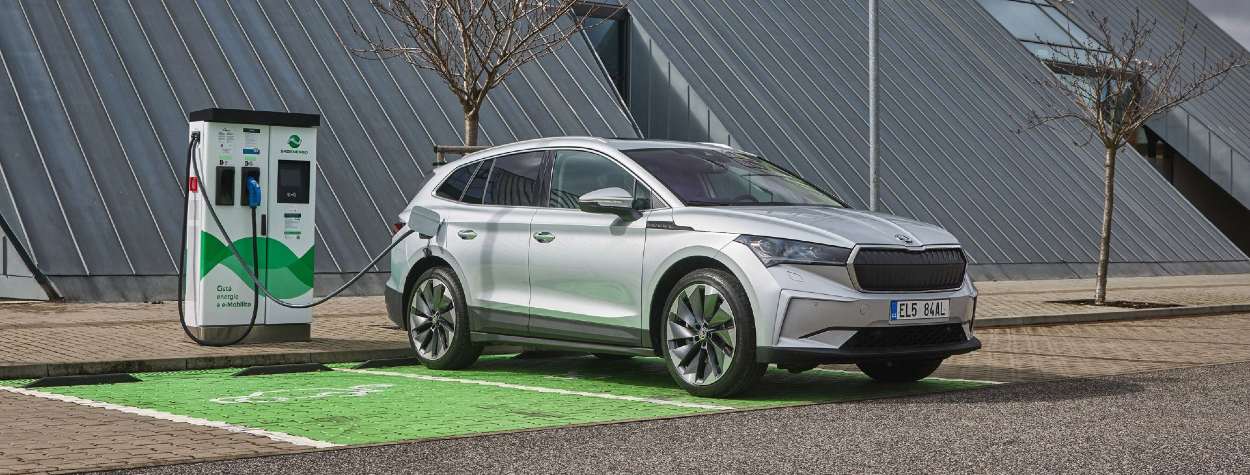HALF of UK motorists expect to be driving an electric vehicle (EV) in the next decade, as 49% of respondents to a study by Lloyds Banking Group shows an increase in interest, thanks to environmental improvements seen during the global pandemic.
No doubt influenced by this, almost a third (32%) of drivers consider that the sustainability of their transport has increased in importance compared to pre-COVID times. Almost the same figure (30%) plan on picking a hybrid or electric car for their next vehicle.
Because of changes to flexible working arrangements, including increasingly flexible hours and working from home, 10% of UK motorists now plan on making the switch to a more environmentally friendly way of commuting; that covers hybrid and electric cars, as well as cycling and walking.
Other findings show that 41% of drivers would be happy to pay more for an EV than a petrol or diesel model, recognising that they will save money in the long run, and an identical percentage cited lower running costs and tax as the main advantages of electric cars.
Price remains the biggest concern for many however, with 57% of drivers saying they would hold off switching until the cost of EVs falls. Range considerations do seem to be less of an issue at least, with 64% of drivers unconcerned at the availability of public charge points across the UK, and only 35% worried about running out of charge.
Richard Jones, managing director of Lex Autolease and Black Horse, Lloyds Banking Group, said:
“Drivers’ attitudes towards electric vehicle ownership are changing and the positive sustainability and running cost benefits are clearly cutting through. This trend is set to continue as society establishes new-norms after more than a year of upheaval.
“Working from home two or three days a week will also reduce the number of miles on the road, meaning that a traditionally fuelled petrol or diesel car might no longer be the most appropriate option for more and more drivers. Consumers can adopt more sustainable and environmentally friendly transport decisions that suit the changing nature of the workforce and new initiatives like salary sacrifice schemes help to make EVs more achievable for commuters and support overall progress towards a greener future.”



